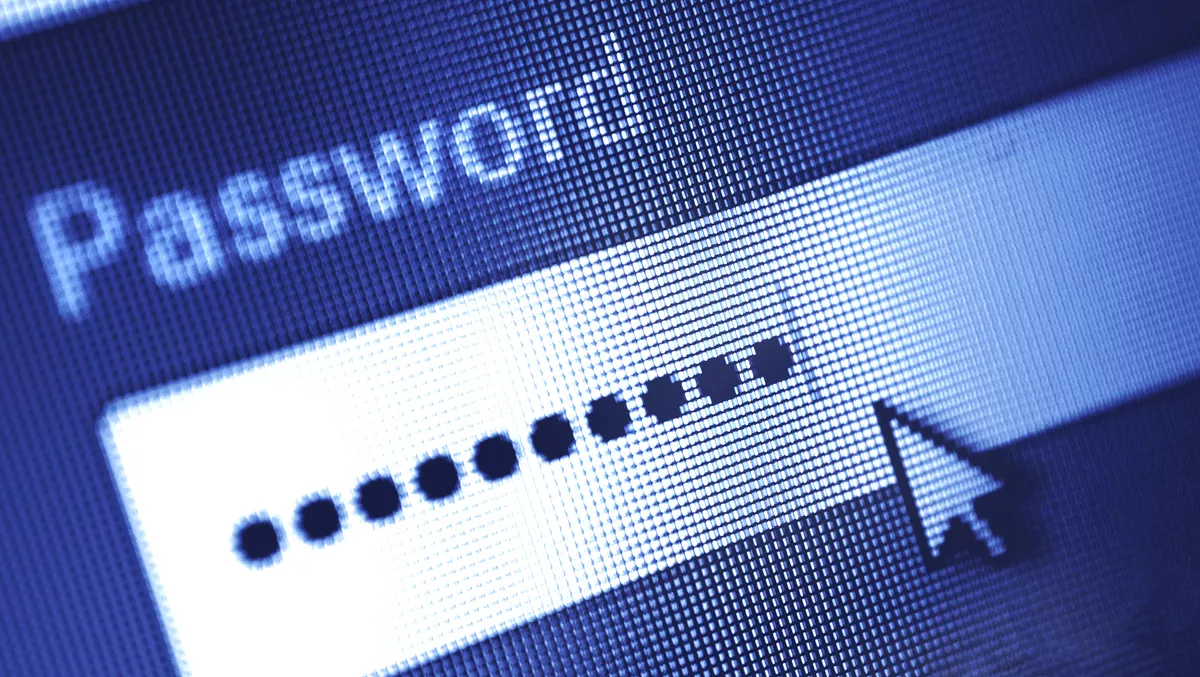
Increased volume of cyberattacks not translating to safer password practices
While 92% of people know that using the same password or a variation is a risk, 65% still re-use passwords across accounts, drastically increasing the risks to their sensitive information, a new report has found.
LastPass by LogMeIn released findings of its fourth Psychology of Passwords global report, which revealed that while consumers have a solid understanding of proper password security and the actions necessary to minimise risk, they still pick and choose which information they apply that knowledge to.
Strong cybersecurity habits are more important than ever this year, given the sheer volume of time individuals have spent online in the last 18 months and the corresponding spike in cyber-attacks. Yet the survey revealed that despite 71% of people working wholly or partly remote and 70% spending more time online for personal entertainment during the pandemic, people were still exhibiting poor password behaviour.
A staggering 85% of data breached involved a human element through phishing or human error according to the 2021 Data Breach Investigations Report, and the need for password security remains critical as attacks rise.
Key findings from the Psychology of Passwords Report include:
- There is a lot of awareness, but not enough action. Most users are creating passwords that leverage personal information that has ties to possible public data, like a birthday or home address. Seventy-nine percent of respondents agreed that compromised passwords are concerning, but over half rely on their memory to keep track of passwords. Eighty-three percent of respondents would not know whether their information was compromised on the dark web showcasing the many blind spots and overall apathy when it comes to password management.
- COVID-19 has increased the amount of time we spend online. The pandemic has greatly expanded our digital lives over the past year, with 91 percent of respondents reporting that they have created at least one new account this year and 90 percent indicating that they have up to 50 online/application accounts.
- Support behind personal and work behaviour overlap. Over the past year, 47 percent of respondents did not change their online security habits while working remotely and 44 percent admitted to sharing sensitive information and passwords for professional accounts while working remote. Meaning almost half of employees engage in risky password behaviour while working remotely, which is causing IT admins to rethink security strategies in a hybrid work environment.
- Consumers are selective in what they protect. Coupled with the cognitive dissonance in consumer awareness of the need for security versus action, the report also found that the type of information being protected impacts consumers likeliness to use good password practices. While 68 percent of respondents would create stronger passwords for financial accounts, only 32 percent noted they would create strong passwords for work-related accounts.
"Our latest report showcases the impact of the COVID-19 pandemic amid the increased time we spent online which has in turn, increased our vulnerability to potential hackers," says Dan DeMichele, VP of Product Management for LastPass.
"As we continue to grow our online presence, we need more robust protection for our online information. One way to combat this is by investing in a password manager which can be used to store your personal and digital information safely," he says.
"As a business or IT lead, adding an additional layer of security, including multi-factor authentication or single sign-on options, will help to ensure that your employees are the only ones accessing you're their information."


